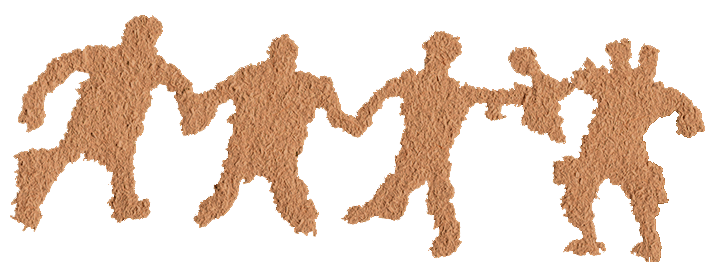| 'qotuhkayewestu |
s/he speaks alone |
| 'sankewimal |
s/he speaks to h/ calmly or in conciliatory way |
| siwtaqsu |
s/he is tiring to listen to; s/he is tired of speaking |
| skicinuwatuwewiw |
it speaks Peskotomuhkati-Wolastoqey; it speaks an indigenous language |
| skicinuwewestu |
s/he speaks in Peskotomuhkati or Wolastoqey, speaks in a Native language |
| spatuwe |
s/he climbs up high; s/he speaks at a high level, speaks sophisticatedly |
| spiqatuwe |
s/he climbs upward; s/he speaks at a high level, speaks sophisticatedly |
| spiqi-kolusu |
s/he speaks at a formal level, speaks sophisticatedly or eruditely |
| 'tawewestu |
(young child, language student, etc.) s/he knows how to speak in a language (e.g., in English, in Wolastoqey) |
| 'tawi-ikolisomanatuwe |
s/he knows how to speak English |
| 'tawi-olonatuwe |
s/he knows how to speak the ordinary language of the community (especially, a Native language) |
| 'tawi-peskotomuhkatuwe |
s/he knows how to speak Peskotomuhkati |
| 'tawtaqsu |
s/he knows how to speak; s/he is clever with words, is funny |
| 'tewestu |
s/he speaks from there |
| tolewestu |
s/he is speaking, is talking |
| tolewestuwiw |
(radio, loudspeaker) it is speaking |
| ulakonimal |
s/he speaks about h/ with respect |
| uli-skuhutomon |
s/he speaks well or approvingly of it |
| uli-skuwimal |
s/he speaks soothingly to h/ |
| wisokatuwe |
(person's usual way of talking) s/he speaks angrily; s/he swears a lot |
| woli-kolusuwakone |
s/he is courteous in speech |
